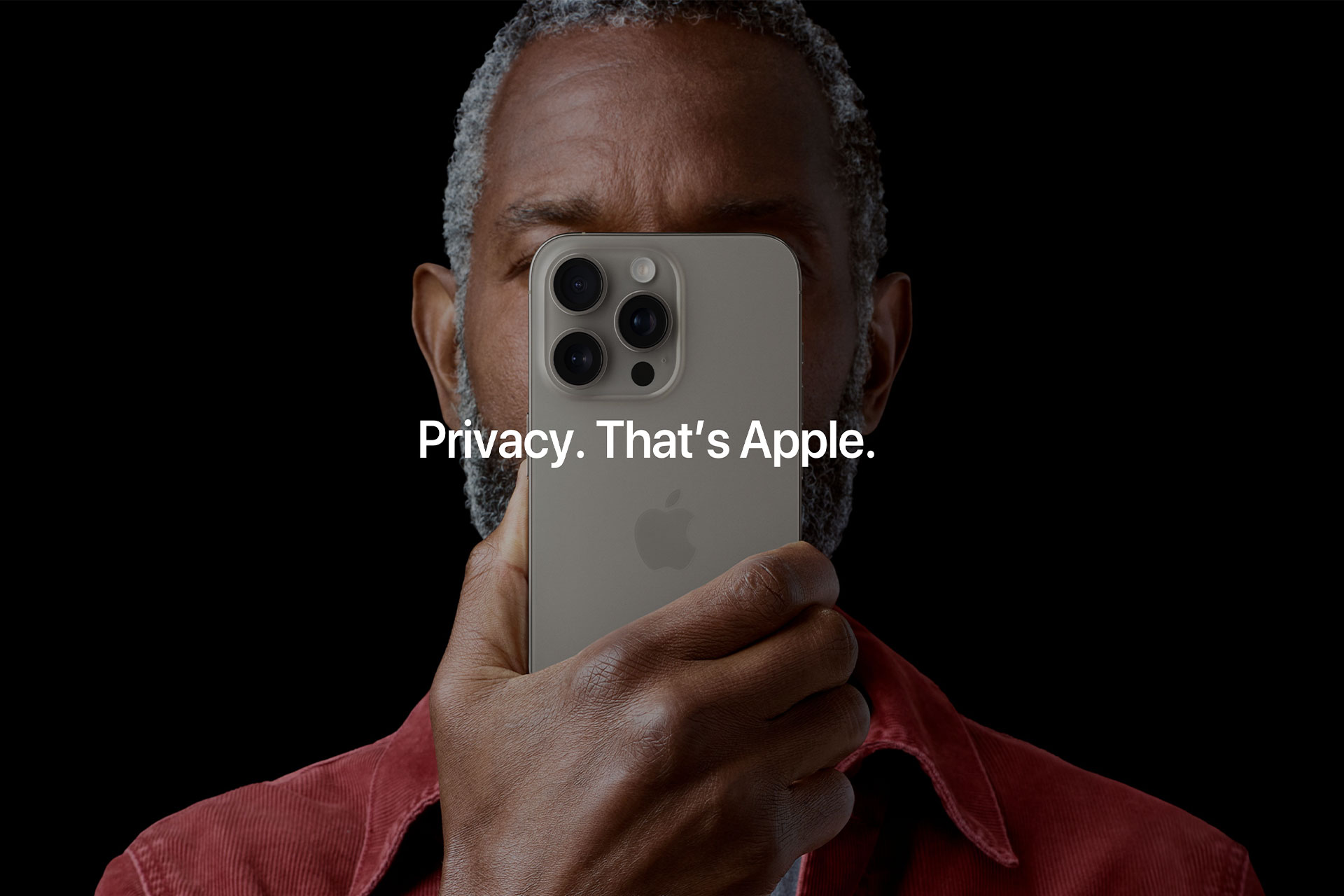Modern systems provide a proactive defense strategy by utilizing predictive algorithms to identify vulnerabilities before they can be exploited. A transition towards these tools ensures that personal and corporate data is protected with exceptional precision and efficiency.
Predictive Threat Detection
This feature channels a proactive defense strategy by revolutionizing how Apple devices manage potential attacks. By examining extensive datasets for patterns signaling abnormal behavior, systems notify users and administrators promptly. This early warning functionality enables faster implementation of mitigation strategies. It quickly enhances the safety of both devices and the information stored on them. Additionally, continuous learning improves predictions. This reduces false alarms and allows devices to tackle emerging threats easily.
Enhanced Authentication
On iOS devices, verification protocols now integrate biometric data analysis. This includes facial recognition and fingerprint scanning. AI can enhance both of these to deliver greater accuracy and dependability. Implementation not only provides a smoother user experience but also dramatically reduces the chances of unauthorized access. It quickly offers a robust shield tailored to each user’s distinct characteristics.

Automated Security Patches
By examining app behaviors and system activities, generative AI security can easily detect vulnerabilities requiring prompt patching. This approach guarantees that updates download instantly as they become available. It also reduces the window of opportunity for attackers. Additionally, this strategy assists in prioritizing upgrades according to threat intelligence. This further enhances the system’s stability and security.
Smart Data Encryption
AI-driven systems adjust ciphering according to data sensitivity and context. This boosts safety and helps maintain performance levels. For iOS users, this ensures that personal information like messages and financial details are unreadable when stored or in transit. Sophisticated algorithms further aid this process by determining the timing and method for encrypting data. This quickly reinforces protection and guarantees swift dodging of all attacks.

Behavioral Analytics
Another significant contribution of AI to Apple’s security lies in user insights. By consistently tracking interactions with other devices, artificial intelligence can identify anomalies that might signal a threat. Whether it involves an atypical login time or rapid data downloads, the system can quickly prompt users or IT teams. This detailed monitoring offers a more nuanced perspective. It also quickly deters malicious behavior and safeguards data in business settings.
Real-Time Response
Modern systems seamlessly integrate with iOS to automatically block suspicious activities as they occur. This approach utilizes live data for swift decision-making. For example, artificial intelligence systems quickly intervene if an app unexpectedly begins transmitting large amounts of data. They halt the transfer until further review is conducted. These prompt response is vital in preventing financial repercussions and minimizing damage.
Endnote
With Apple devices maintaining a substantial share of the mobile market, safeguarding their security has never been more critical. The incorporation of AI presents an excellent opportunity. The best part is that ongoing development promises to protect against both current and future threats.








